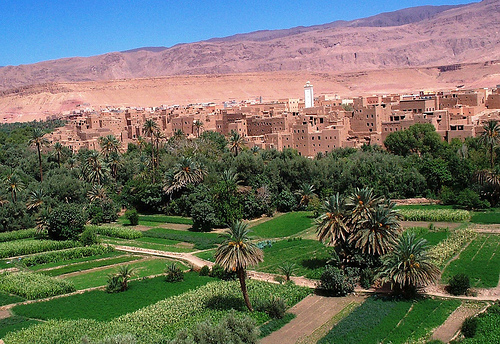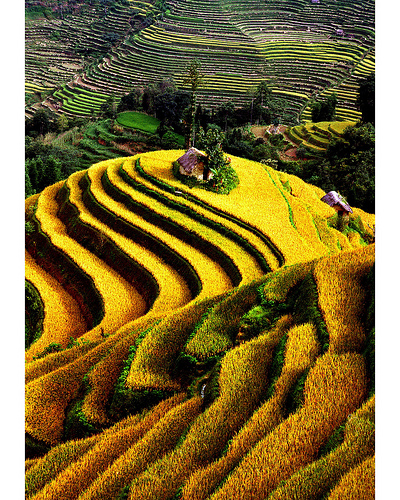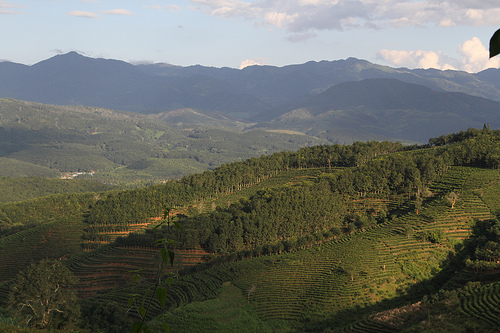Il Laboratorio per il Paesaggio e i Beni Culturali (CultLab) dell’Università di Firenze e la FAO hanno firmato un protocollo per una collaborazione sul progetto GIAHS. Di seguito vengono riportate le aree di collaborazione estratte dallo stesso protocollo:
Areas of Cooperation:
CULTLAB and FAO agree to cooperate inter alia in the following areas:
1 – Identify area as potential GIAHS, initially selected among the sites proposed for the National Register of Traditional Landscapes managed by the CULTLAB, but extending the research to other areas of the world.
2 – Develop a methodology to assess and monitor GIAHS based on HICEA (Historical and Cultural Evaluation Approach) already applied for the Tuscan Regional Government and the Italian Ministry of Agriculture Food and Forestry, which will be adapted to other regions of the world.
3 – Support the improvement of the existing set of criteria and indicators for the sustainable management and the dynamic conservation of GIAHS.
4 – Develop and implement methodologies to relate traditional food production to the landscape of GIAHS, developing a certification standard to label food products in traditional landscapes.
5 – Develop research activities, such as: the role of traditional landscapes and traditional practice for the adaptation and mitigation to climate change; identifying technological solutions aimed at supporting good practices in GIAHS with special reference to conservation of traditional rural practices connected to forests, pasture and cultivated areas.
6 – Enhance understanding of GIAHS: Graduate Courses and Academic training: DEISTAF will undertake training courses at several Doctoral and Post-Doctoral levels. A University certificate will eventually ratify the training with due recognition by GIAHS Secretariat for themes specifically devoted to dynamic conservation of agriculture heritage systems and related issues of agro ecology, climate change, energy, environment and sustainable agriculture and rural development.
7 – Develop planning and management strategies to improve the economic and environmental value of GIAHS, relating them to rural and environmental policies.
8 – Plan and organize conferences, workshops and seminars at the national, regional or global level; promoting policy and strategic dialogue and interchange.





